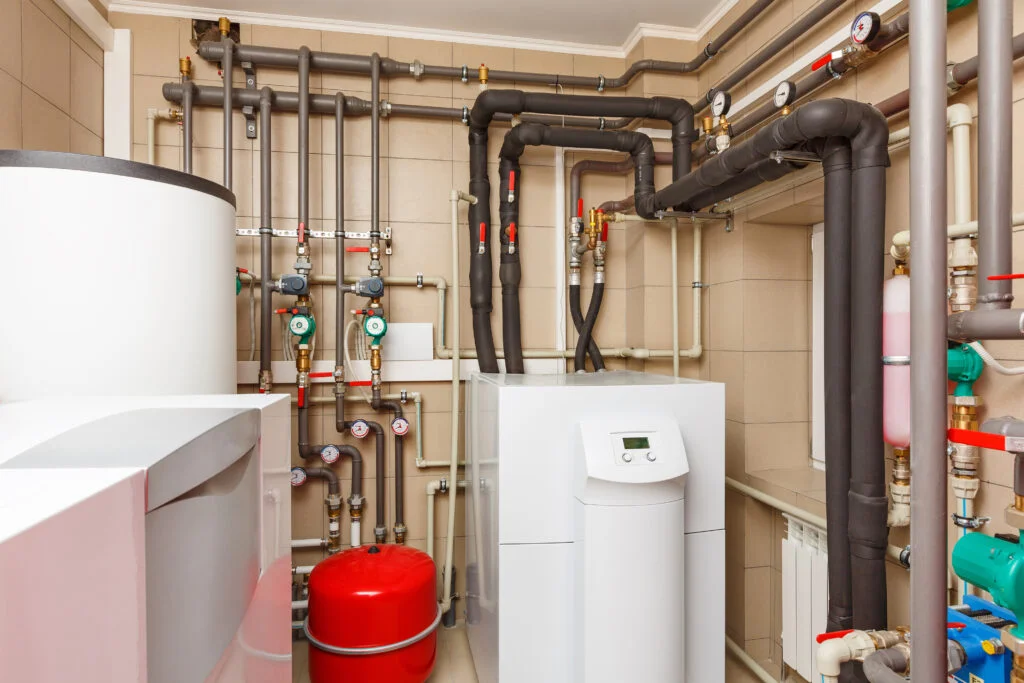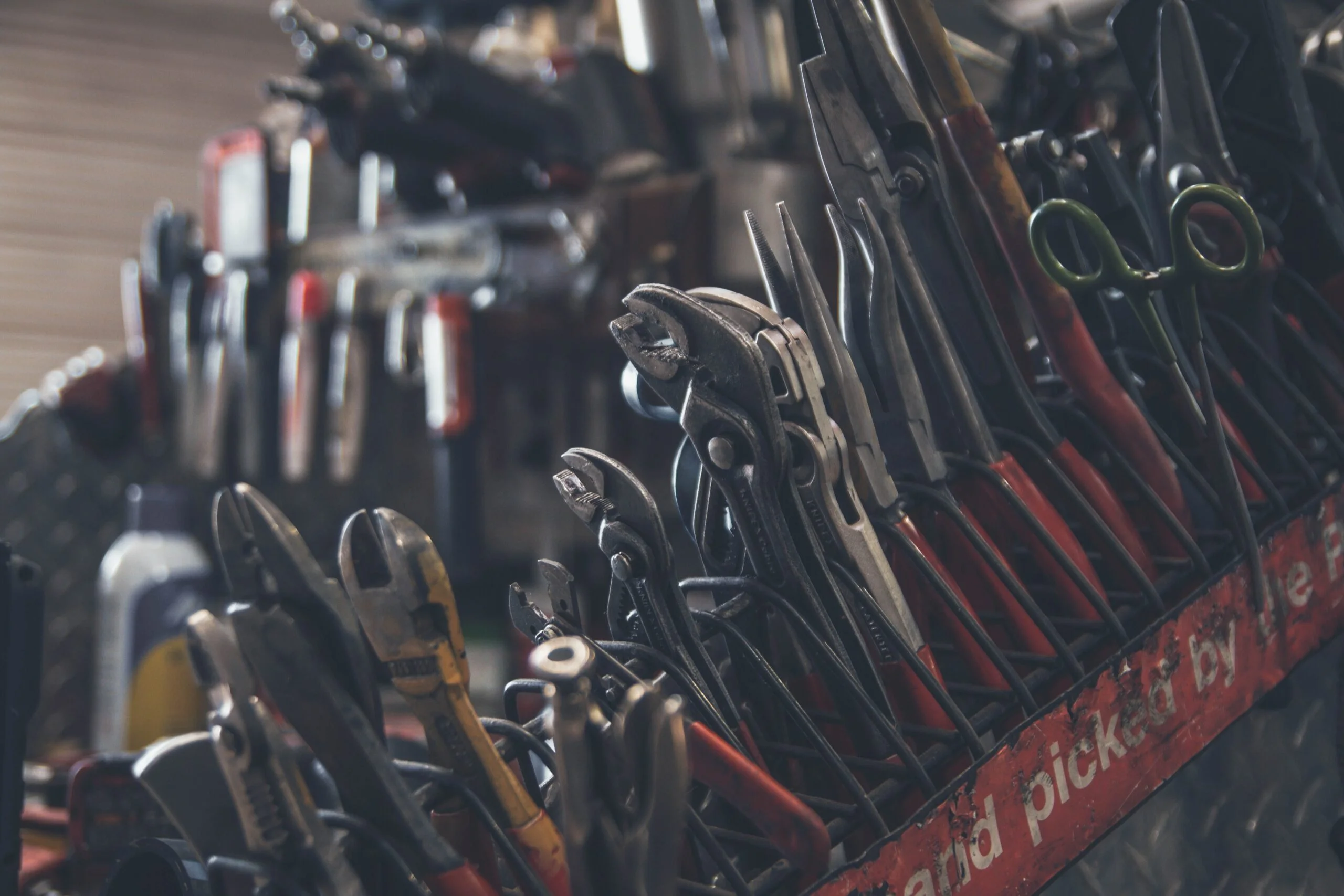Water heater leaks might seem insignificant, but pondering the potential dangers is a valid concern. An apparent leak could signify something more serious, with potentially serious consequences. This article addresses the question, Is a leaking water heater dangerous?
Explore the dangers associated with water heater leaks and learn how to improve your home’s safety. Learn how to prevent the risks of leaking water heaters. Let’s get started.
Is a Leaking Water Heater Dangerous?
The short answer is yes. Although a minor leak might seem insignificant, it can often signify more significant problems. Leaking water heaters can pose a variety of immediate and long-term dangers. It can damage property and mold growth and compromise structural integrity. Here are some of the consequences of a leaking water heater:
- Property Damage: The immediate risk involves structural harm to your home. Continuous water exposure weakens flooring, compromises walls, and damages the foundation, potentially leading to costly repairs.
- Mold Growth: A leaking water heater creates an ideal environment for mold growth. In addition to compromising your house’s structure, mold can pose health risks, especially to people with asthma.
- Appliance Malfunction: Leaking heaters can leak water into furnaces and electrical systems, causing malfunctions and safety hazards. In addition to short circuits, water can cause fires on electrical components.
- Energy Inefficiency: Water heaters with leaks may have difficulty maintaining optimal temperatures. This inefficiency increases energy consumption, driving utility bills over time.
- Corrosion and Rust: Water leaks accelerate the corrosion process within the water heater tank. Rust can compromise the efficiency and lifespan of the heater, possibly requiring an early replacement.
- Contaminated Water: Leaks can introduce external contaminants into the water supply. It poses health risks as the water used for bathing, cooking, and cleaning may become compromised.
- Flooding Risk: A leaking water heater can escalate into flooding, causing extensive damage to the surrounding area.
- Scalding Risk: A leaking water heater may change the temperature control, resulting in boiling water. It poses a scalding risk, especially when bathing and washing hands.
Signs of a Leaking Water Heater
Early detection of a leaky water heater is vital to preventing potential hazards. Here are some signs to look out for:
- Puddles or Water Accumulation: Visible water around the water heater’s base is a clear sign of a leak. Check for puddles or dampness, especially in the area below the tank.
- Rust or Corrosion: Corrosion on the exterior of the water heater tank is an indication of potential leaks. Inspect for rust or discolored areas, particularly around seams and joints.
- Dampness and Water Stains: Examine the surrounding walls and flooring for any signs of dampness or water stains. These could indicate a slow leak that may not be immediately visible.
- Strange Sounds: Unusual sounds like hissing or popping may suggest a leak. These noises could result from water seeping out and contacting the heating element.
- Fluctuating Water Temperature: Inconsistent water temperature or sudden changes in the hot water supply may indicate a leak affecting the heating element’s performance.
- Visible Mold or Mildew: Mold or mildew growth near the water heater strongly indicates a persistent leak. It is particularly concerning as it poses both structural and health risks.
- Rusty Water: Discolored water, especially if it appears rusty, could indicate corrosion inside the water heater tank. It is a sign of potential leaks and a compromised heating system.
- Visible Corrosion on Plumbing Connections: Check the connections and pipes leading to the water heater for any signs of corrosion. Corroded fittings may contribute to leaks.
- Pooling water in the T&P Valve Discharge Pipe: The Temperature and Pressure (T&P) relief valve is a crucial safety component. Water consistently pooling around the T&P valve discharge pipe may signify a leak or pressure issue.
- Increased Water Bills: A sudden increase in water bills without a corresponding increase in usage may indicate a hidden leak, possibly from the water heater.
Watch out for these signs to detect water heater leaks early and immediately take action.
Causes of Water Heater Leaks
Preventing and fixing water heater leaks starts with understanding the causes. Several things can cause leaks in your water heater:
- Corrosion: Over time, corrosion can weaken the interior of the water heater tank, leading to the development of small holes or cracks. It is a common cause of leaks, especially in older units.
- High Water Pressure: High water pressure can strain the water heater, causing leaks at various points, including the tank and plumbing. Regular monitoring of water pressure is essential to prevent this issue.
- Sediment Buildup: Sediment, such as minerals and debris, can accumulate at the bottom of the water heater tank. This buildup can lead to corrosion and contribute to the formation of cracks, resulting in leaks.
- Faulty Temperature and Pressure (T&P) Relief Valve: The T&P relief valve is designed to release excess pressure from the tank. If the valve is defective or improperly installed, it can cause water to leak from the valve or its discharge pipe.
- Loose or Faulty Plumbing Connections: Connections between the water heater and the plumbing system can degrade over time. Loose or damaged fittings may leak, especially around inlet and outlet pipes.
- Internal Tank Damage: Physical damage to the water heater tank, such as dents or punctures, can lead to leaks. It may occur due to external factors, like impact or excessive pressure.
- Aging Water Heater: As water heaters age, they become more susceptible to wear and tear. The materials may degrade, and seals may lose effectiveness, increasing the likelihood of leaks.
- Incorrect Installation: Improper water heater installation, including faulty soldering or inadequate sealing, can contribute to leaks. Professional installation is crucial to ensure the system’s integrity.
- Excessive Temperature Settings: Extremely high water temperatures can lead to expanded pressure within the tank, causing leaks. Setting the water heater temperature within recommended limits helps prevent this issue.
- Condensation: Sometimes, condensation can form outside the tank, causing a leak. It is more common in humid environments.
Addressing a Leaking Water Heater with Professional Help
When faced with a leaking water heater, swift action is crucial. You can ensure a thorough inspection, accurate diagnosis, and timely problem resolution by contacting a professional plumber. DIY repairs can exacerbate problems, so professional expertise is essential for a safe and effective repair. And they can also answer your question regarding how long does it take to install a water heater.
Read More: How to Research Your Water Heater Specialist
Conclusion
Overall, leaking water heaters are more than an inconvenience; they pose significant health risks. The consequences are enormous, from property damage to health hazards.
It’s essential to act fast. Regular maintenance, prompt repairs, and professional assistance are the keys to a safe and efficient water heater. Ensure you fix leaks quickly and guard your home from the dangers of a compromised water heater.


